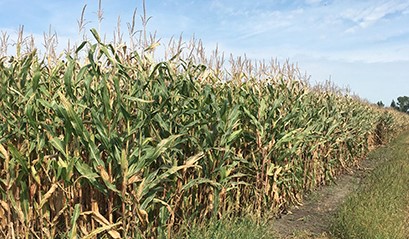Study found suicide rates in agriculture higher than other occupations
By Diego Flammini
Assistant Editor, North American Content
Farms.com
Two hundred and thirty members of America’s agricultural community committed suicide between 1992 and 2010, according to a new study from the University of Iowa.
The study, ‘Trends and Characteristics of Occupational Suirice in Farmers and Agriculture Workers,’ examined 19 years of data from the Bureau of Labor Statistics Census of Fatality.
The study points to different types of stress as factors that could lead a farmer to self-harm.
“Farmers feel occupational stress for many reasons, including management of own company, self-reliance, personal illness, diseases in crop or livestock, long work days…and weather,” the study said. “(Researchers) state that loneliness and isolation was a risk factor in suicide in the farm setting (and) that farmers reporting high stress were almost two times as likely to experience a serious injury in comparison to farmers experiencing low or moderate stress.”

Regionally, farmers in the West accounted for 43 percent of suicides. The Midwest accounted for 37 percent followed by the South at 13 percent and Northeast at 6 percent.
And compared to all other occupations, agriculture’s suicide rate is the highest, according to the study.
In 2009, there were 12 farmer or farmworker suicides, which translated to a rate of about 0.59 per 100,000.
All other occupations reported 263 suicides in 2009, or a rate of about 0.19 per 100,000.
There are a variety of resources available for people in need, including the National Suicide Prevention Lifeline and different hotlines within each state.